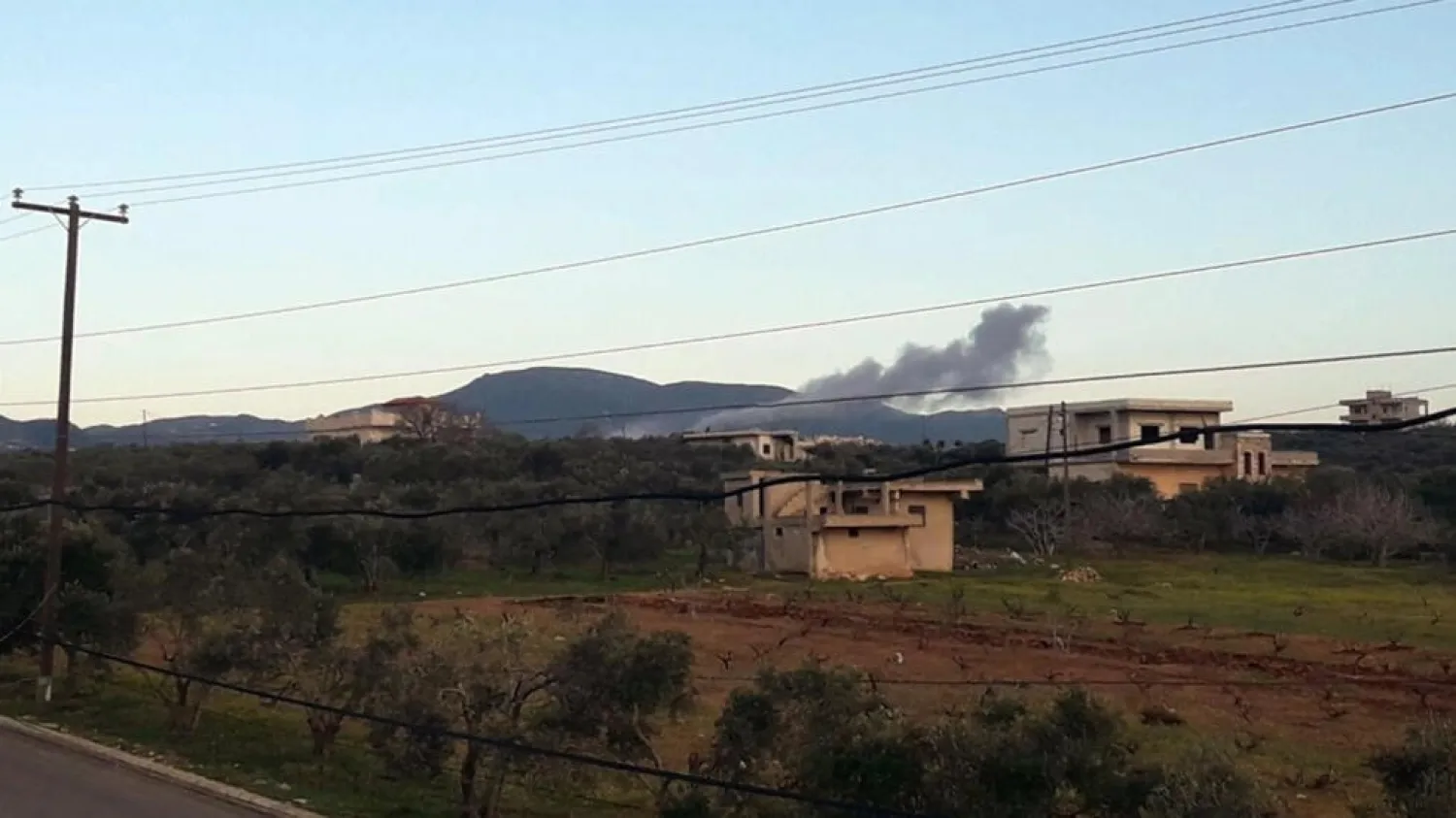Israeli airstrikes hit several sites in Syria's Homs province early Sunday, wounding five soldiers, Syrian state media reported.
It marked the ninth time Israel has struck targets in Syria since the beginning of the year, according to the Syrian Observatory for Human Rights, an opposition-linked war monitor.
State news agency SANA, citing military sources, said the strikes had targeted sites in the city of Homs and surrounding countryside. Syrian air defenses intercepted the missiles and shot down some of them, it said.
The observatory reported that the missiles targeted Syrian military sites and those of Iran-linked militias, including a research center.
There was no immediate statement from Israel on the strikes.
Israel has carried out hundreds of strikes on targets inside government-controlled parts of Syria in recent years, including attacks on the Damascus and Aleppo airports, but it rarely acknowledges specific operations.
Israel says it targets bases of Iran-allied militant groups, such as Lebanon’s Hezbollah, which has sent thousands of fighters to support Syrian President Bashar Assad’s forces.
On Friday, Israeli airstrikes hit the suburbs of Syria’s capital city, Damascus, killing an Iranian adviser, the state media of Syria and Iran reported.
Iran’s state television reported Friday that Milad Heidari, an Iranian military adviser, was killed during what it called a “criminal strike” by Israel.
An Israeli airstrike last month targeting the airport in Aleppo put it out of commission for two days. The airport has been a main conduit for aid shipments since the deadly 7.8-magnitude earthquake that hit Syria and Türkiye on Feb. 6.
Israel has also struck seaports in government-held areas of Syria, in an apparent attempt to prevent Iranian arms shipments to militant groups backed by Tehran, including Hezbollah.









